Poetry has long been the vehicle of profundity, a way and means of expressing what is otherwise ‘inexpressible’. It has also served as a means to disseminate in simple terms what is complex and intricate. The power of poetry lies in its vision that conjures images as seen through the inner eyes-of seeing the world and worldliness through the perception of others. Poetry lies somewhere between meaning and signification, residing in the interplay between the knowable and the unknowable. Poetry lies plainly in the everyday, as much as it is unburied and recounted from the vivacity of a particular day.
Tales from a sweltering soul, a collection of poems, is once again a testament to how poetry unlocks feelings that are enclosed deep within the inner sanctum. He writes with a fondness for life, as experienced by him and others around him, communicated with sincerity and in honest comparisons. He muses variously— on nature, culture, religion, society, modern life and human emotions; his subjects roam free from the tediousness of the mundane, to a life that is joyful, intense, passionate, and immersive. His memories and recollections also colour his poetic ruminations that add a distinct zing to his writing:
Lightning ripples in rattling style; my spine terrified
Fearful eyes shut erratically as my pale body shuddered
Hefty roaring thunder struck mercilessly with a rumble
Trembling, firmly holding the couch I began to crumble.
Several of such images feature in the opening poem, wherein a psychosomatic experience is conveyed, that form a personal account of perceiving the terror of a heavy rainfall. Moving away from the romantic ideations of rain, Fr. Aju introduces the readers to a different side, which appears menacing and foreboding: ‘dejected labourers’, ‘tempest wrinkles and splits’ ‘coarse sound’, ‘darkness grew’, ‘fidgety flame’. The rain is not always pleasing and welcoming; it can terrify and plunder as much as it has the ability to replenish. Although, he does not signify the horrors solely, since the poem ends with the aftermath of rain, as indicated by the ‘soothing lullaby’ and ‘cool breeze’. This is reminiscent of the lines by the Japanese writer Haruki Murakami from his novel Kafka on the Shore: “And once the storm is over, you won’t remember how you made it through, how you managed to survive. You won’t even be sure, whether the storm is really over. But one thing is certain. When you come out of the storm, you won’t be the same person who walked in. That’s what this storm’s all about.” Likewise, as in the case of the introductory poem, few other poems in this collection also illuminate the readers about how one must endure the despair and hardships of life, while finally emerging as a resilient figure, after the “storm is over”.
The poems are rich with imagery that carries the reader to scenes charged with imaginative prowess, although it is indicative of experiences that are familiar and relatable:
Beneath my feet, the vales beckon me with their allure.
Images of luscious greenery and enthralling flowers
Rhododendron carpets, adorned like bridesmaids,
Gurgling streams running between scruffy rocks.
The images of vales beckoning under the poet’s feet, the scene of “Rhododendron” carpets that are “adorned like bridesmaids” and streams described as “gurgling” between the “scruffy” rocks, are picturesque and word-painted with precision. At a time when one is unsettled by the angst of environmental calamity, this scene relives the readers from the urban, sophisticated anxieties and transports them to an animated world of nature, where there is purity, serenity, and tranquility. Several poems in this collection are also on love, as it being a pertinent and powerful theme across literature. The understanding of love is complex: so much has been written on it and even then, it remains elusive and enigmatic. In the contemporary world, where there are limitless lists and choices, where competition is looming large everywhere, where a fast-paced (almost restless) lifestyle demands efficiency and speed, could we afford to stop for a while and patiently contemplate on love? Perhaps in poetry one may experience its sublimic form, on how it may move us unhurriedly, touch us tenderly and give our lives meaning and validation. As he writes:
Love is a quite thoughtful, mutual sureness,
Making allowances for human feebleness
It’s unveiled in sharing and forgiving at all times
And acts in loyalty through good and rough times
His poems also capture his devotion to the Almighty, as several poems unravel his fondness, gratefulness, and affectionate relationship with divinity. In poems such as “Be Thou my Light”, “Emmanuel: God With Us”, “A Journey by Three Wisemen”, “Thy Love is Infinite”, “My Boat is Small and the Ocean Is Great”, the readers shall encounter his sincere and honest dedication to the magnificent creation called life and its Creator, to whom he offers his prayerful musings and his humble praise for all that has been provided, through the “Gift of mie”. He also asks for guidance and grace, in the poem “A Soulful Request”, where these lines are vividly memorable:
Give me the grace to carry on my duty with diligence
I may not give up on my vision due to negligence
Make me humble enough to confess limits and flaws,
That I may not shudder in lives constant blows
Keeping in mind the wholesome experience of life, be it the humdrum events, the memorable days which are to be cherished as well as the days that are traumatic, his devotion is unfocussed and constant unlike many such souls who only pray during a time of crisis or calamity, as he expresses that sentiment in his poem, “My Boat is Small and the Ocean is Great”. Apart from poems on environmental crisis and collective predicaments, the poet Aju also ruminates on the personal crises and turmoil people face, such as depression, anxiety, melancholy, low confidence, and peer pressure. For battling these difficulties, specially for the youth, he succinctly advices with poetic wisdom, in his compositions like “Inner Happiness”, “Never Give Up”, “Power of Concentration” and “Attributes of Leadership”. Lastly, his poems also communicate the positive and negative sides of social media: how one is drawn to their user-friendly, dopamine-induced interfaces, and how people can easily lose themselves to their addictive environments, if they are not mindful enough. In his lines, he deftly captures the contemporary syndromes, as in: “At times, media glorifies vile attitudes and bogus news, Snatching the young with flawed beliefs and fabricated views.”
This collection of poems sails across a plethora of themes and issues that may evoke manifold sensations, taking the readers on a pathway laden with the poet’s memories and experiences of life, and letting them glimpse at his most personal ruminations on the wonders of creation.


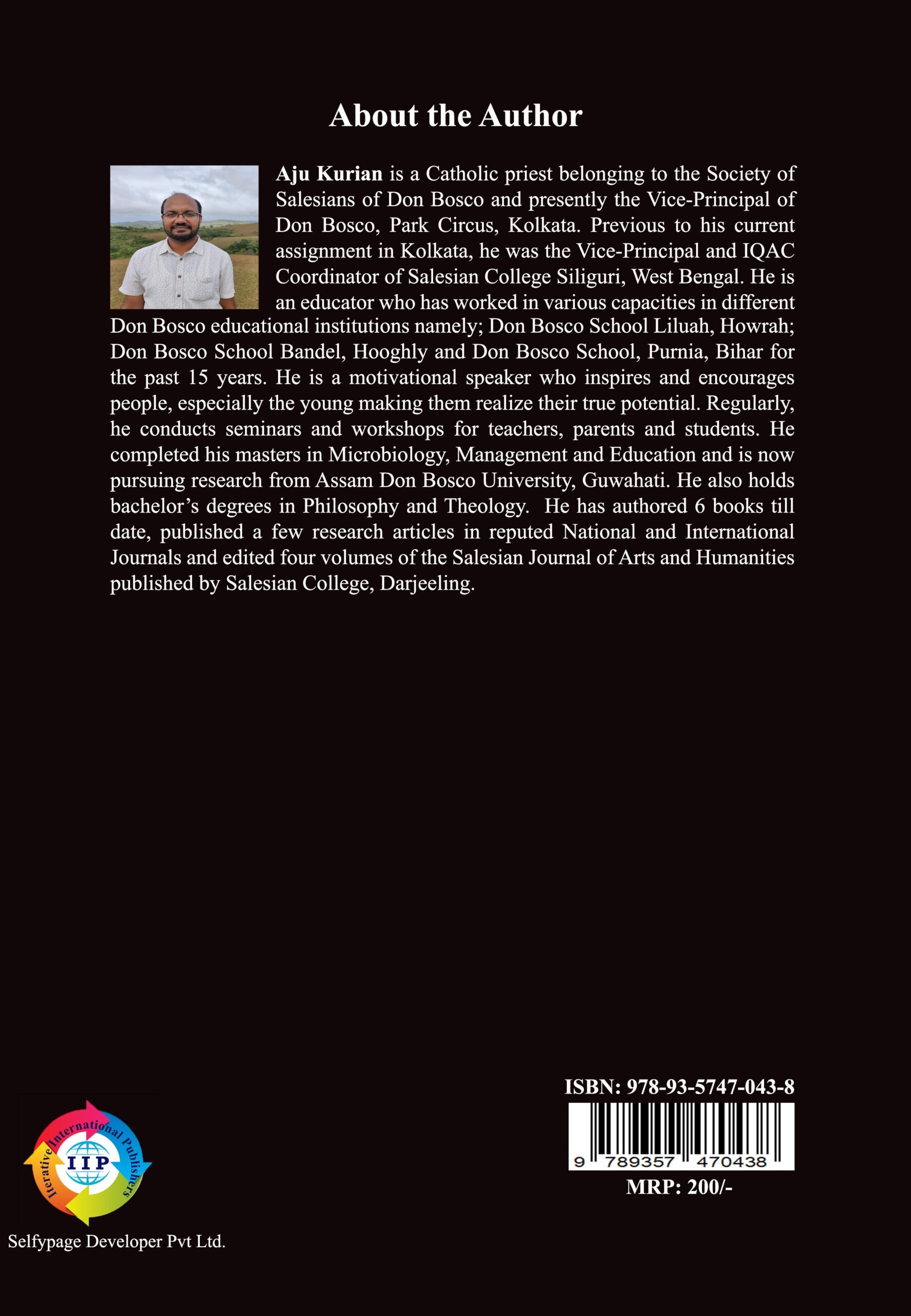


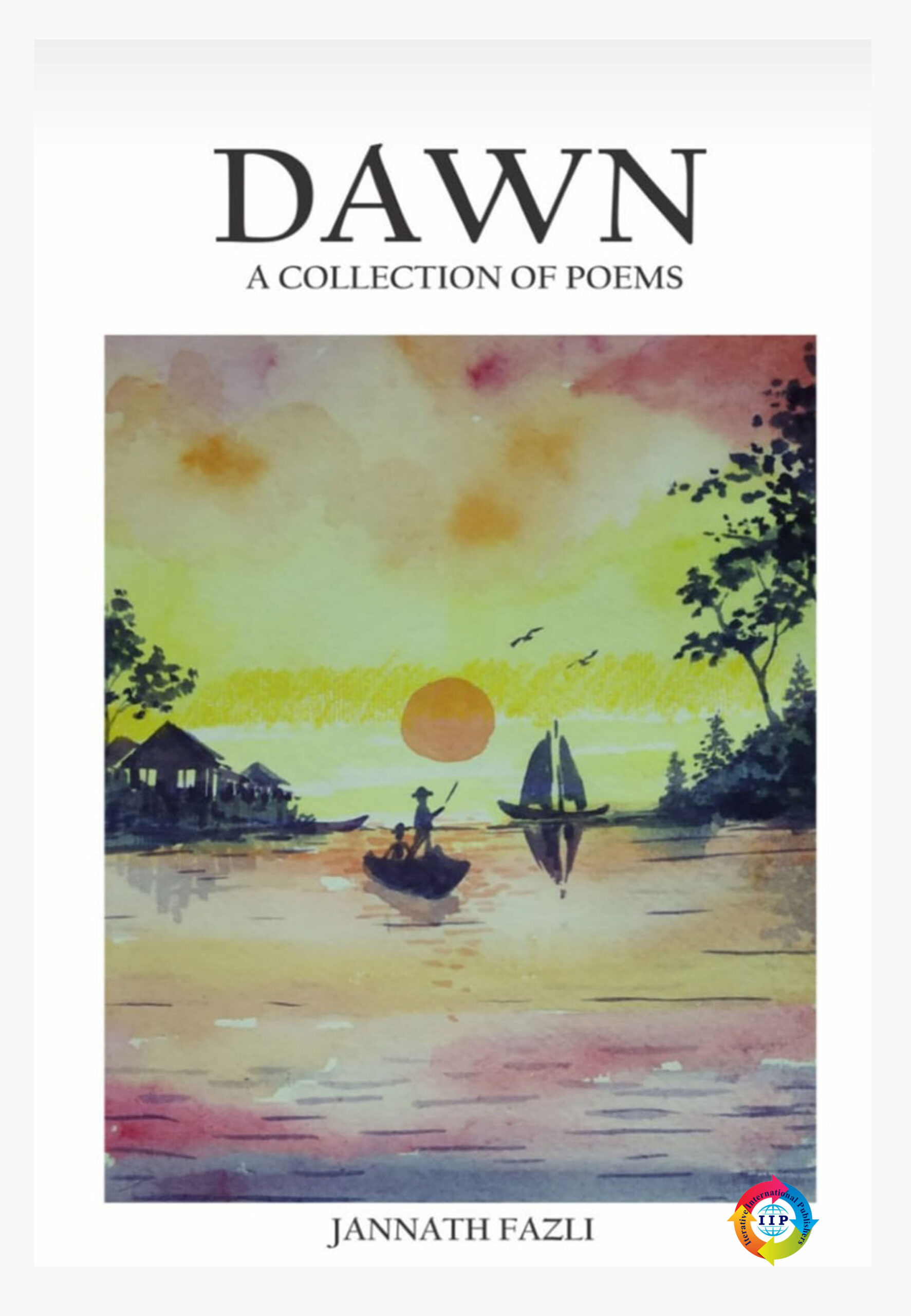

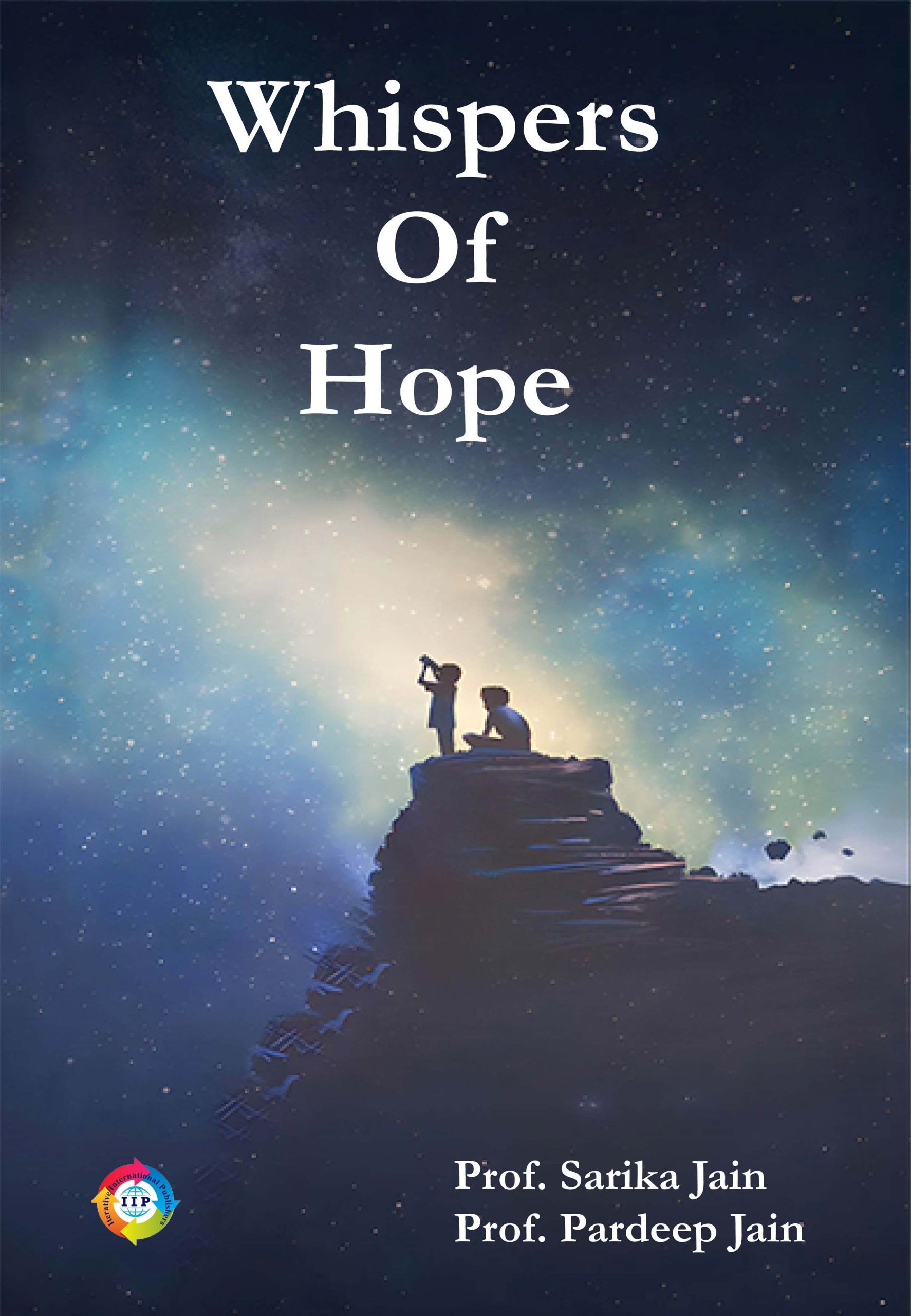
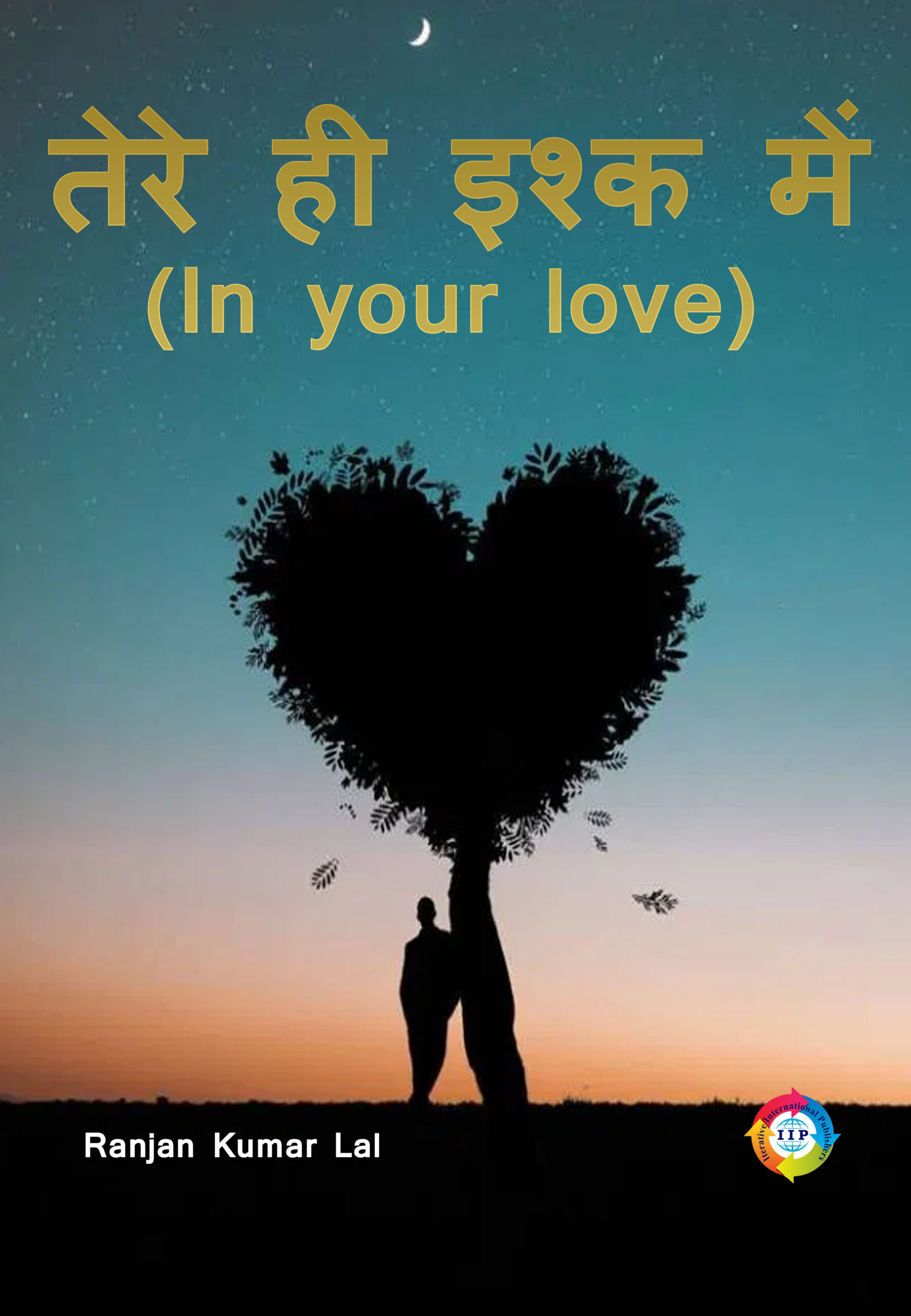
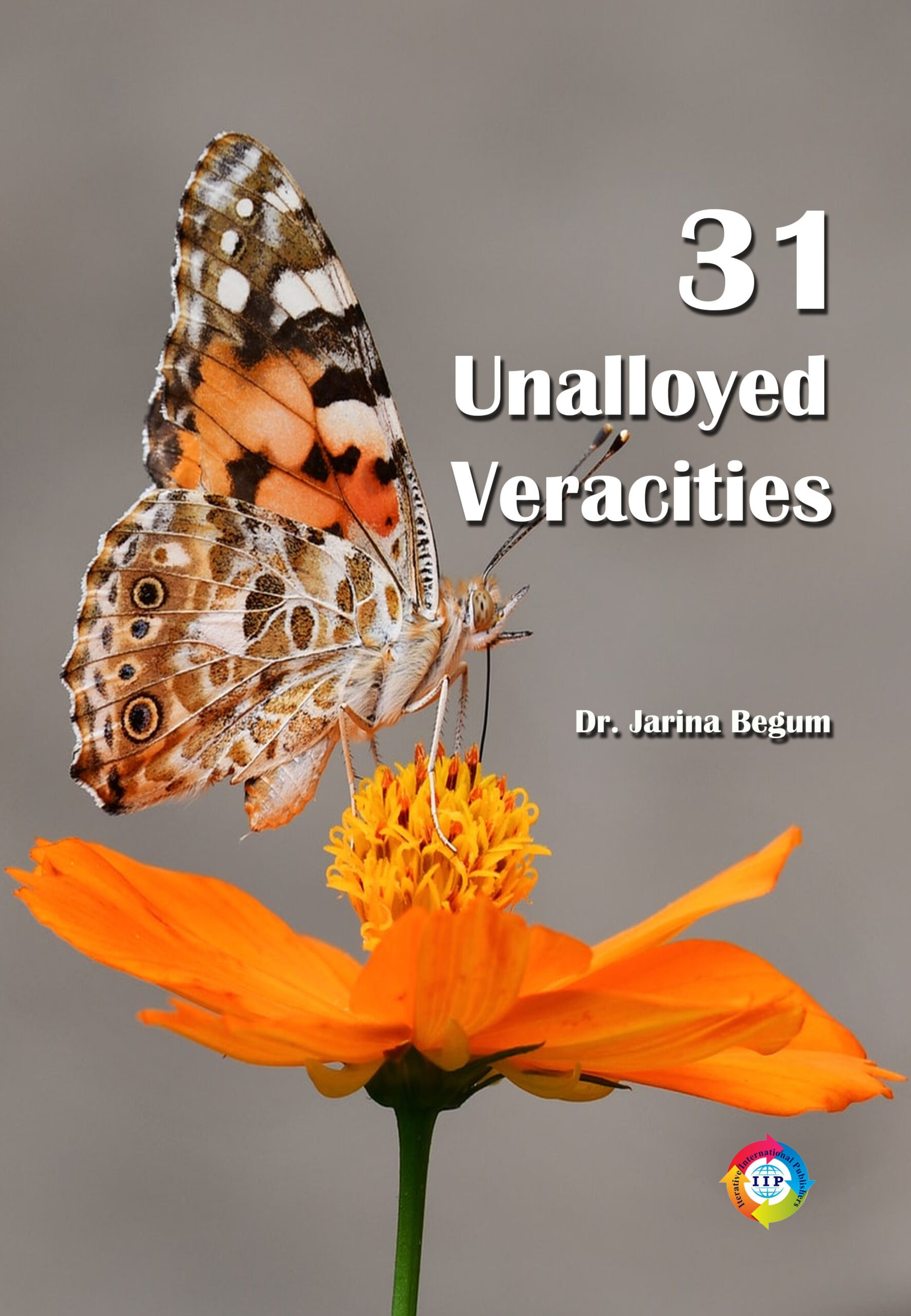
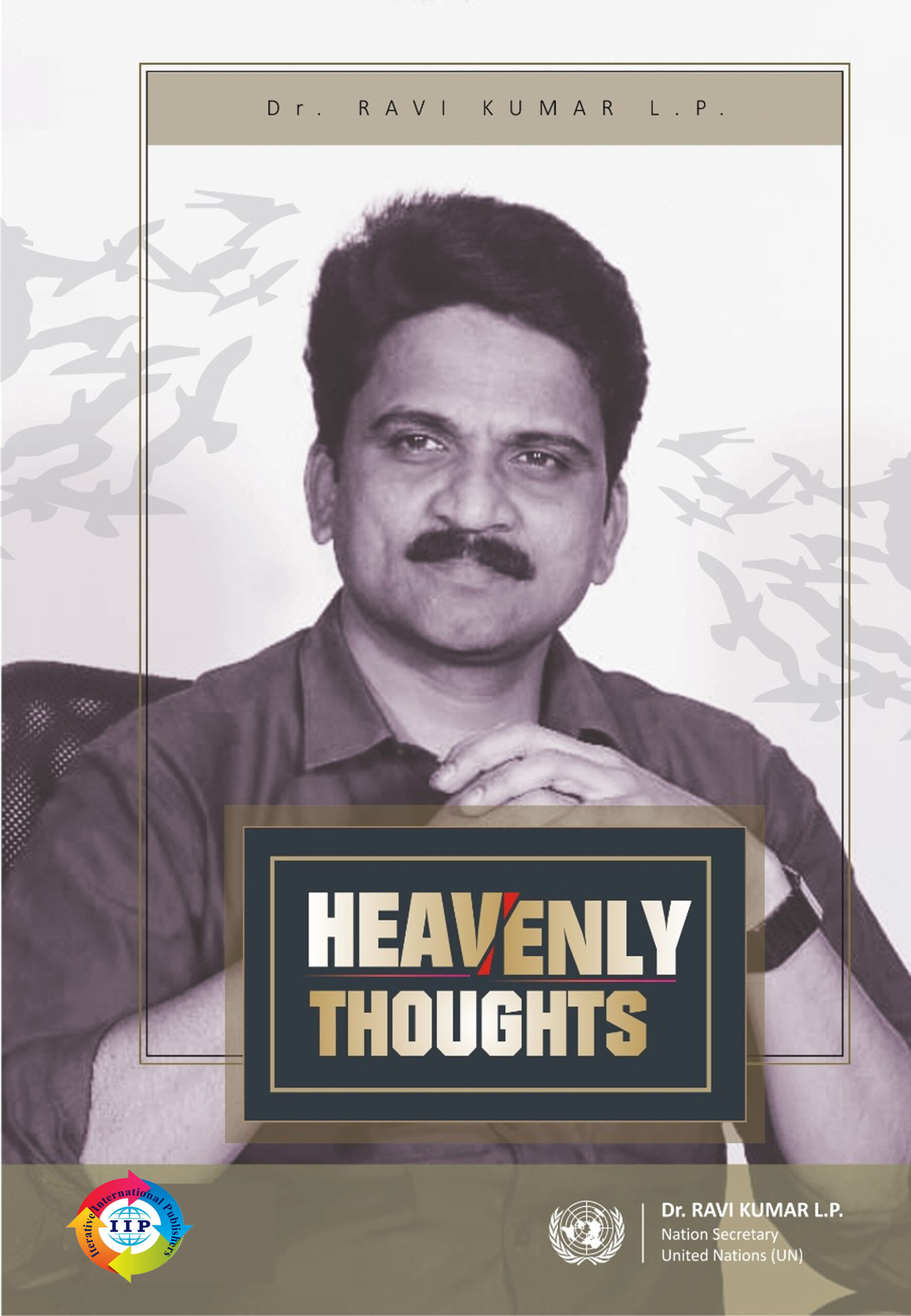
Reviews
There are no reviews yet.